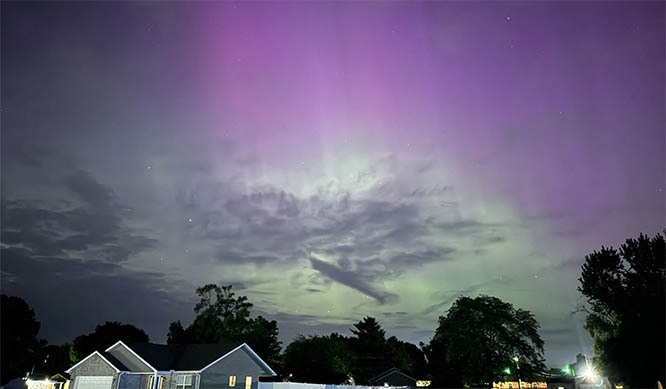Washington, Jul 27: United States House and Senate Republicans have worked out a deal to move quickly on a package of new financial sanctions against Russia, Iran and North Korea and bar President Donald Trump from easing sanctions on Moscow without Congress' approval.

Republican Senator Bob Corker, chairman of Foreign Relations Committee, said in a statement on Wednesday that he and House Majority Leader Kevin McCarthy had reached an agreement that removed the last obstacle to passing the bill. The measure hits the three US foes with additional penalties.
"I am glad to announce that we have reached an agreement that will allow us to send sanctions legislation to the president's desk," Corker said.
The House had overwhelmingly approved the legislation on Tuesday, 419-3. But Corker had objected to including the sanctions targeting Pyongyang in the legislation.
He wanted to keep the North Korea penalties in a separate bill that the Senate would consider. But Corker dropped his objections. He said the Senate will "move to approve" the House-passed bill after receiving assurances the North Korea sections would be fine-tuned at a later date.
"Going forward, the House has committed to expeditiously consider and pass enhancements to the North Korea language, which multiple members of the Senate hope to make in the very near future," he said.
Russia punished for alleged election meddling
The sanctions against Moscow are punishment for its alleged meddling in the 2016 presidential election and its military actions in Ukraine and Syria.
According to the bill, Trump would be barred from easing the Russia sanctions without first getting permission from Congress, a demand that could imperil his bid for better relations with Moscow.
A version of the sanctions legislation that only addressed Russia and Iran cleared the Senate nearly six weeks ago with 98 votes.
"Not a word of the North Korea bill has been looked at over here. Not a word," Corker told reporters earlier on Wednesday as he explained his concerns.
But House politicians fired back, noting that the House had decisively passed a North Korea-only sanctions bill in May, yet the Senate never took that bill up.
They added that it's all the more important to push ahead with the North Korea sanctions following a report that US intelligence officials believe Pyongyang will have a reliable, intercontinental missile capable of carrying a nuclear weapon as early as next year.
"That is why the House added the previously House-passed North Korea sanctions bill - which has been languishing in the Senate for over two months - to the Senate bill," said Matt Sparks, a spokesman for McCarthy.
Senator Ben Cardin of Maryland, the top Democrat on the Foreign Relations Committee, said he and other Democrats had no objections to making the North Korea sanctions part of the overall package.
"There's nothing in the bill that I find problematic," he said. "I hope we pass it the way it is."
Russia, EU react
Earlier on Wednesday, Russia warned it was edging closer to retaliation against Washington after the House of Representatives backed new US sanctions on Moscow.
"This is rather sad news from the point of view of Russia-US ties," said Dmitry Peskov, a Kremlin spokesman. "We are talking about an extremely unfriendly act."
He said President Vladimir Putin would decide if and how Moscow would retaliate once the sanctions became law.
Russia's deputy foreign minister warned the move was taking bilateral relations into uncharted waters, killing off hopes of improving them in the near future.
Meanwhile, new sanctions against Russia could harm German companies and add another difficulty to Berlin's relationship with Washington, German economy minister Brigitte Zypries said on Thursday.
"The US has left the common line it had with Europe for sanctions against Russia," Zypries told ARD television, adding that by not coordinating with Europe on the matter, there was a risk that German companies would be harmed.
German business leaders warn that new sanctions passed last week by the US House of Representatives could prevent German companies from working on pipeline projects that they say are essential to Germany's energy security.







Comments
Add new comment